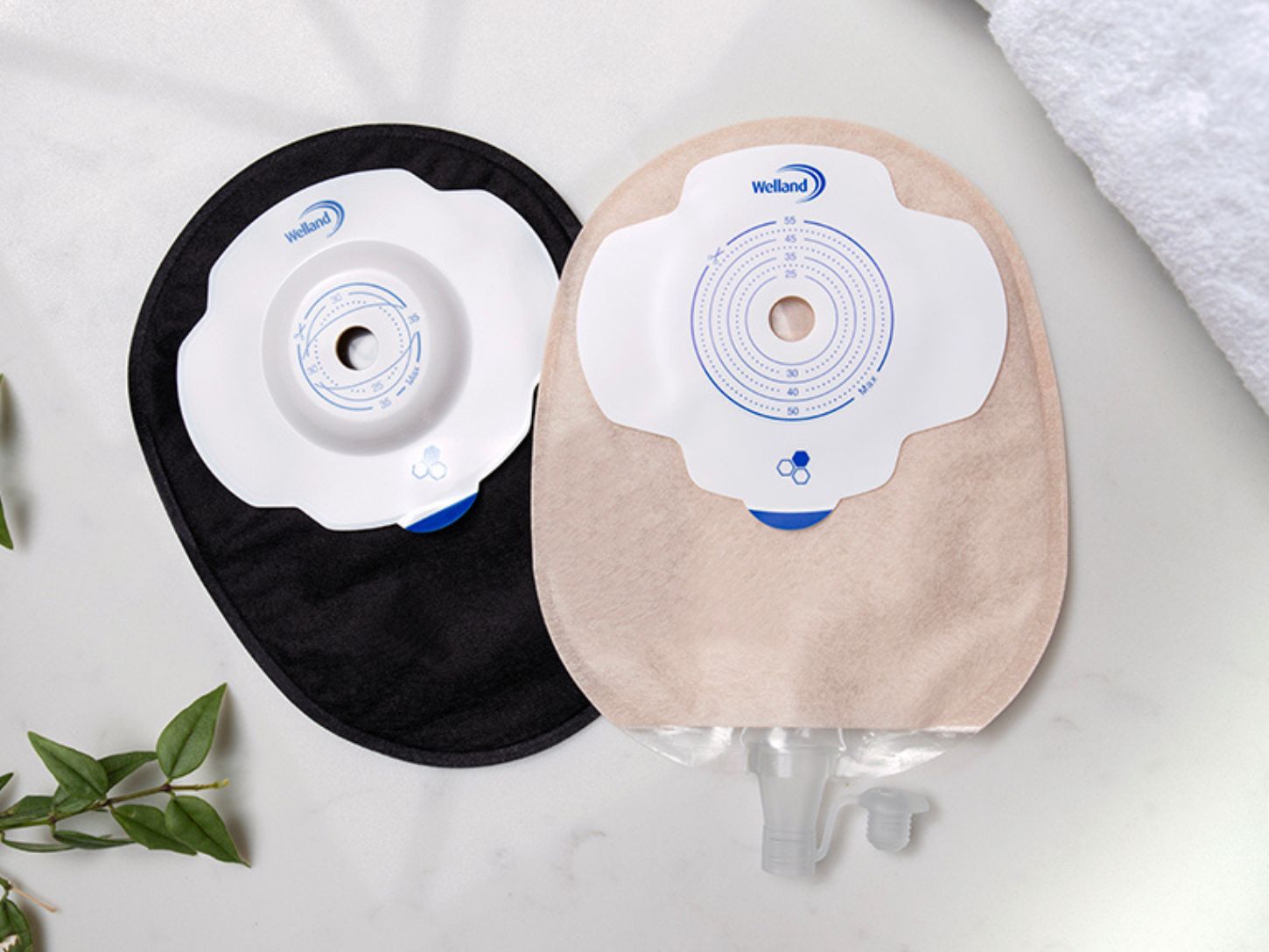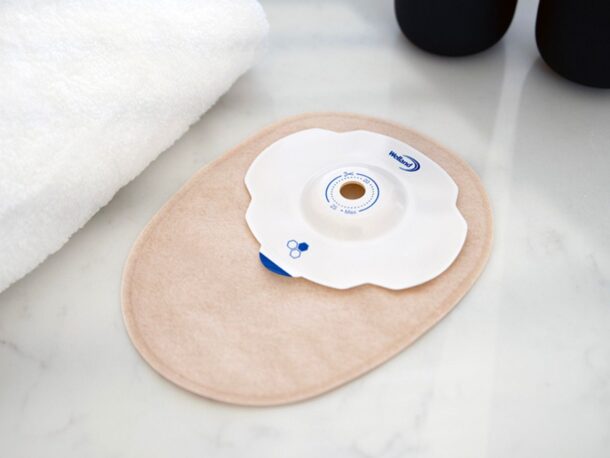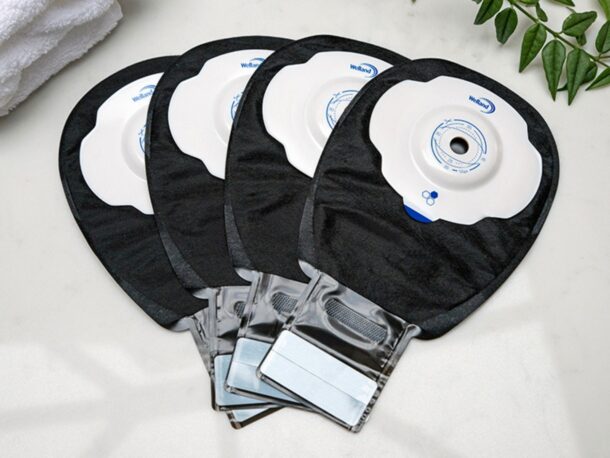Stoma surgery can either be planned or performed in an emergency. Whether your stoma surgery is scheduled in advance or required urgently, you’ll have access to a Stoma Care Nurse who can support you and provide detailed information on what a stoma is, the different types (such as colostomy, ileostomy, and urostomy), and how to prepare for life after surgery.
Preparing for surgery
If your stoma surgery is planned, you’ll usually meet your Stoma Care Nurse once your surgery date has been confirmed. This is a great opportunity to ask any questions you might have about the procedure, the type of stoma you will have (for example, a colostomy or ileostomy), and what it will mean for your daily routine. Your nurse will also guide you through your stoma care plan, helping you prepare for living with a stoma bag and ensuring you feel ready to manage your stoma care independently when you return home.
Choosing your products
Your Stoma Care Nurse will advise you on the different types of products that might be suitable for your stoma. They’ll also give you information on how to obtain your stoma supplies.
Once you have a prescription for your GP you can order your supplies from your local chemist but there are also home delivery services like SecuriCare that can help make the process easier. SecuriCare can also cut your stoma bags to your exact measurement saving you time and ensuring your stoma bag fits correctly.

Support after surgery
If you’ve had a urostomy your stoma will start working immediately. If you’ve had a colostomy or ileostomy, your stoma will typically start working anywhere between a few hours and a few days after your stoma surgery. At first you may experience wind before any output from the stoma. The stoma will be swollen at first, as recovery progresses, the swelling will go down and the stoma will gradually reduce in size over the following 6–8 weeks.
Before you’re discharged from the hospital, your Stoma Care Nurse will make sure that you or your carer are confident in caring for the stoma. This includes being able to empty your pouch unassisted if you have an ileostomy or urostomy. They will also check that you or your carer know how to change your stoma bag as well as care and clean your stoma and the area around it.
Over the first few weeks, the stoma may continue to change in size, so it’s important to regularly measure your stoma to ensure your stoma bag fits properly. This will help to avoid any discomfort or leakage.
Stoma Reversal
During your initial stoma surgery, your surgical team will let you know whether your stoma is intended to be temporary or permanent. Stoma reversal is possible with colostomies and ileostomies, but urostomies are always permanent.
There’s no standard timeframe for a stoma reversal—some people may have a reversal just a month after their initial procedure, while others may wait over six months. Interestingly, some people with temporary stomas choose to keep them long-term because of the positive impact on their quality of life.
If you’re considering whether to have a stoma reversal or keep your stoma, speak with your Stoma Care Nurse and surgical team. They’ll provide personalised advice to help you make an informed decision that fits your medical needs and lifestyle.
Further reading

What is a stoma bag?
Find information on what a stoma bag is, how they work and what the different types are used for.

How to choose the right stoma bag
There are a wide variety of stoma bags available, find out which one could work for you.

Living with a stoma
From diet to relationships, find information and advice about living to the fullest with a stoma.

Products
Discover products for stoma care including bags and accessories.


